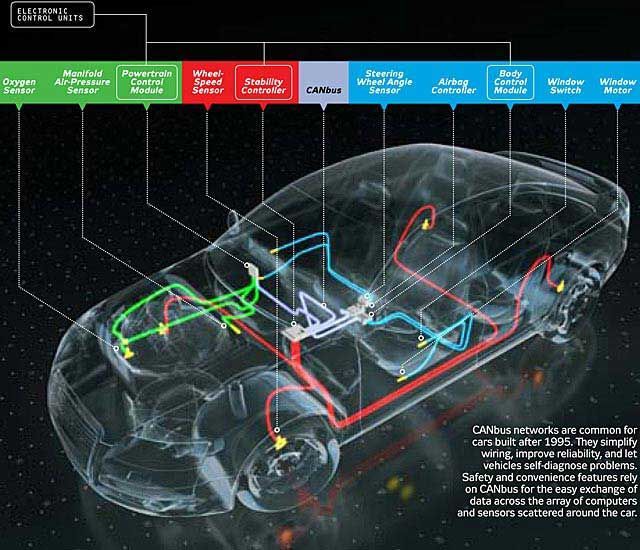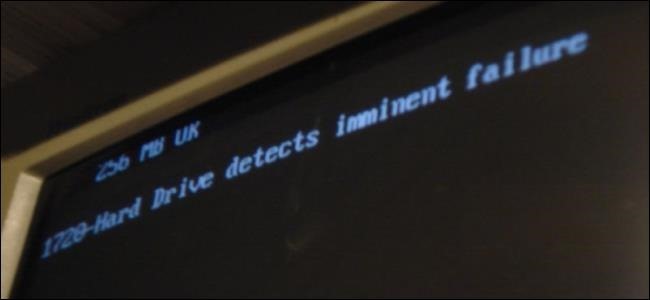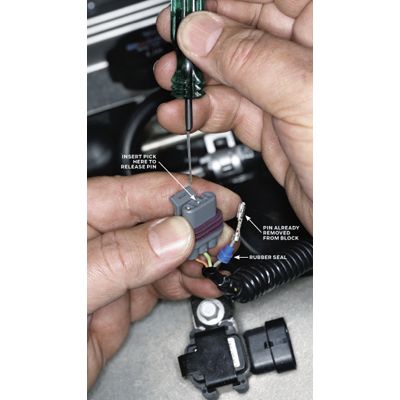
Cars are an essential part of modern life, allowing you easy transportation to wherever you need to go, whenever you need to be there.
As convenient as vehicles are, what makes them incredibly frustrating is when they don’t work properly. In particular, car problems can be separated into mechanical and electrical failures.
Mechanical issues are often easier to diagnose and address due to their simplistic nature. On the other hand, electrical malfunctions are far trickier and deceptively impactful.
Electrical issues can affect all aspects of driving. For example, defective sensors can cause airbag failures and leave you unprotected in a crash.
Modern vehicles are often packed with new technology designed to improve your safety and experience, but they are still prone to electrical shorts and other failures. Preventing them begins with understanding what causes electrical problems.
To help you avoid the stress of electrical issues in your car, we’ll point out a few common causes below.
Battery Issues

Arguably the most common reason for electrical failure is an issue with your battery.
Your car’s battery is one of its most important components. It is the source of power for all electrical aspects in your car, meaning that any problems with your battery directly translates to electrical malfunctions.
Car batteries are meant to last roughly five years, but this is subjective depending on how often you drive, your driving habits, and the quality of your battery. It’s also possible to damage your battery and deplete it far earlier than it’s meant for.
Unfortunately, it isn’t always obvious when your battery is going out. It’s easy to confuse the signs of a dying battery for other problems or overlook them altogether.
If you ever notice anything funky with your lights, difficulty starting or decreased performance when using multiple accessories, then your car battery may be the culprit. Your battery is your vehicle’s power plug, and without it, no other electrical components can function properly.
Worn Wiring
Worn wiring and other electrical components will also result in malfunctions.
Your car battery stores the power needed to operate the electrical components of your car, but it needs a way to disperse this power. To do this, your car is fitted with dozens of wires that directly transfer energy from the battery to the rest of your car.
These wires can be viewed as roads that must be well maintained to travel along. Just like the public roads that you drive on, wires can wear down with use and time and become hazardous. A road may generate a pothole, whereas wires can fray or break.
When your car’s wiring is damaged, the affected electrical component of your car cannot function properly. It is receiving inconsistent power, which can cause it to rapidly switch between on and off and will confuse its circuit.
Another consideration with worn wiring is cars that sit for long periods. Inactive vehicles are prime nesting spots for rodents, who are likely to chew on wires and damage them. Rodent damage is particularly common when it comes to electrical issues.
With this in mind, any electrical wiring that is not in solid structural shape and free of damage is likely to cause an error.
Poor Installation

Another cause of electrical problems stems from poor installation.
Newer vehicles that are straight from the production line aren’t likely to have electrical issues, although this does happen rarely. Instead, installation issues are more prevalent with older cars that have been through aftermarket work.
Specifically, vehicles that have received electrical upgrades in the form of new audio equipment, a navigation system, a security system, or cameras involve adjusting existing wiring configurations.
The problem here is that many car electrical equipment installation businesses are not experts at it. Alternatively, doing it yourself is also incredibly risky if you don’t have experience working with cars.
Not all vehicles are the same, which results in using methods that work for one car on all cars. This can easily lead to errors if the installation is done improperly on your car. For these reasons, shoddy aftermarket installations can be attributed to electrical issues.
Damage From Accidents

Lastly, damage from a car accident can also result in electrical misfires.
In car accidents, the obvious damage to your vehicle is mainly to its physical body. This is what you can see and it looks drastically different when damaged.
On the other hand, the electrical components of your car are kept under the hood and body, meaning that you never see them. Because of this, it’s easy to overlook the impact of an accident on your vehicle’s electrical system.
You should know that being in an accident makes electrical problems with your car more likely. This is because the physical force received in a crash can be dispersed to the electrical components in your car and cause damage to your battery, wiring, or other essential parts.
Not all accidents affect the electrical system, but the risk is high because of how vulnerable it is during a crash. This vulnerability is what leads to electrical issues days or weeks after a crash.
Closing Thoughts
Car troubles are incredibly frustrating, but electrical problems are often much harder to address. This is largely due to how varied the electrical system is and how an issue can often have several different potential root causes.
In particular, a few situations tend to cause most electrical issues in cars. This includes battery problems, worn wiring, poor installation, and sustaining damage from an accident.
If your car is experiencing any type of electrical problem, you must address it promptly! Delaying increases the risk of your car malfunctioning and leading to a serious accident!





